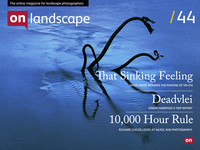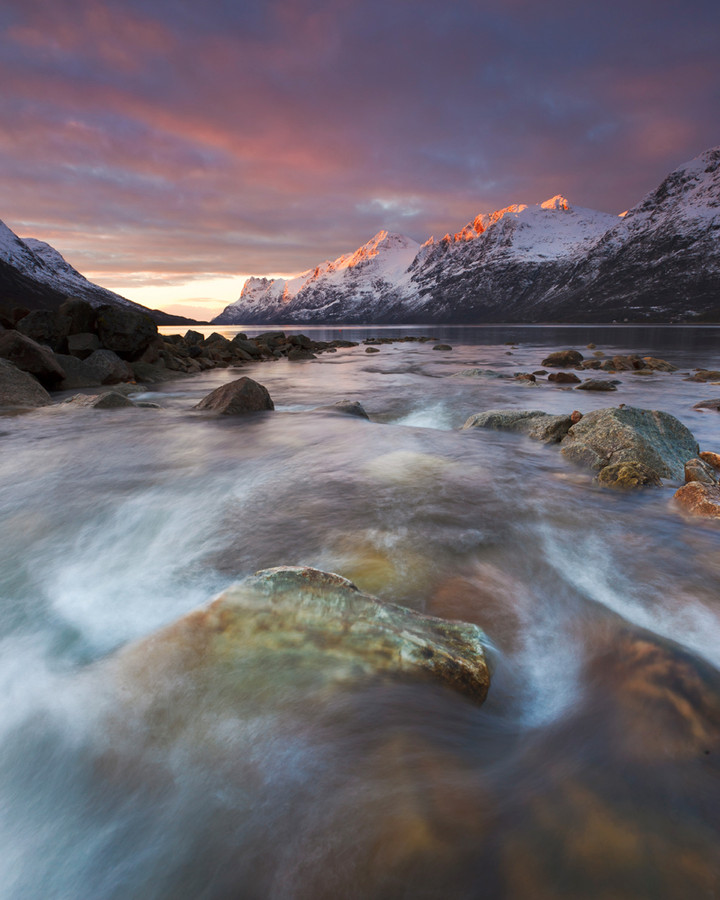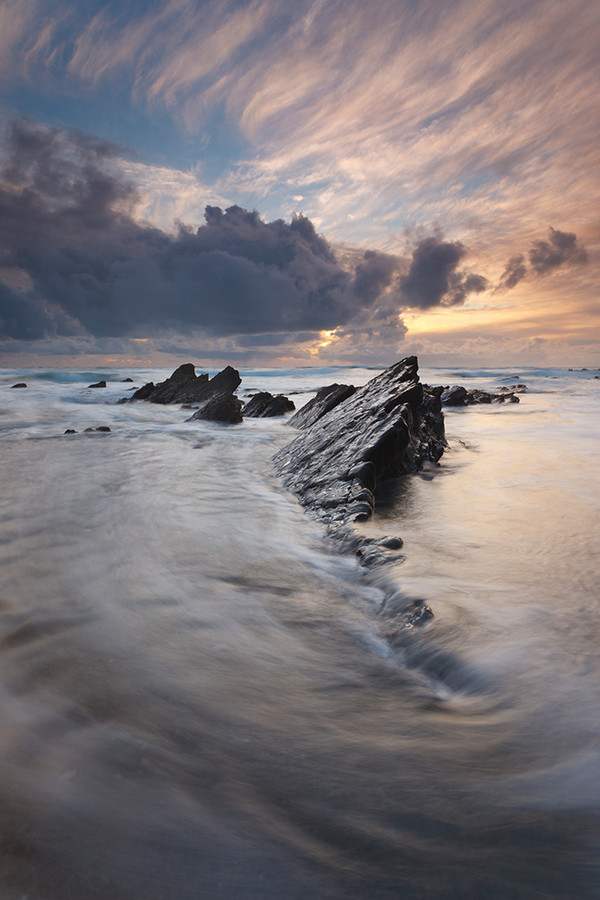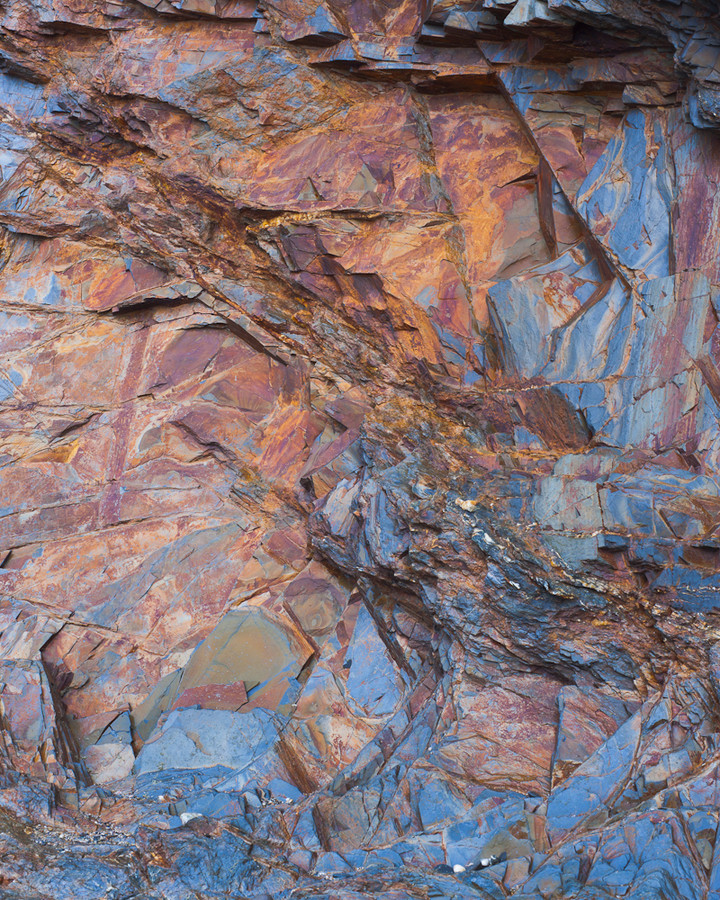Featured photographer

Tim Parkin
Amateur Photographer who plays with big cameras and film when in between digital photographs.

Joe Rainbow
Joe is a Secondary School Art teacher living and working in Cornwall, his home county. He uses both film and digital cameras to capture the less obvious aspects of his local environment. Recently he has been interested in presenting work as hand made books, and offers landscape photography workshops to individuals and small groups. The rich variety of local coastal areas and their unusual geology have provided him with the most inspiration for his work.
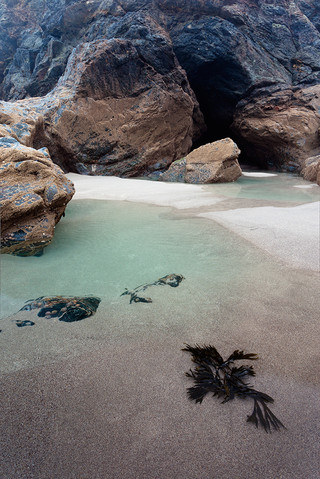 In most photographers lives there are 'epiphanic’ moments, however small they seem at the time, where things become clear, or new directions are formed. What were your two main moments and how did they change your photography?
In most photographers lives there are 'epiphanic’ moments, however small they seem at the time, where things become clear, or new directions are formed. What were your two main moments and how did they change your photography?
I think the first clear and decisive 'epiphanic' moment in my photographic career, was when I bought an Olympus OM 30 slr from a friend when I was about 17 years old and studying my A levels.
I treasured that camera and relished the way it made me want to 'hunt out' scenes of interest. With hindsight I think it sparked my love of combining the mixture of technology with the great outdoors, which still continues to this day although sadly the camera doesn't. It broke whilst I was on a Greek island :(
I remember clearly the first frame I shot with it, a detail of rusting metal from a ship wreck near Maenporth beach in Cornwall as it sat in a rock pool. Twisting the polariser and seeing the way the camera could almost magically transform a scene
was exciting. Getting a few 6x4 prints back from developing (at Boots in those days!) was equally thrilling. I love getting home after a shoot to peruse the images I have shot, who doesn't?
It is harder to pick a decisive moment for the second one, but I think it would have to be joining flickr having bought my first semi serious dslr. Photography went from being an enjoyable but purely insular activity to one of a world view with so many possibilities and so much to learn.
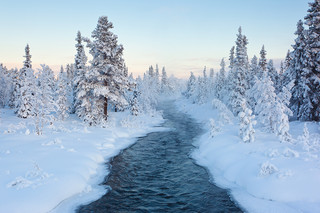 I fed off all the variety, and noted exif info on the shots. I also met so many great friends and not just 'virtual' ones! Meeting up with like-minded people and seeing the work of others really fired up my interest to develop my understanding and get out and shoot. That also continues to this day.
I fed off all the variety, and noted exif info on the shots. I also met so many great friends and not just 'virtual' ones! Meeting up with like-minded people and seeing the work of others really fired up my interest to develop my understanding and get out and shoot. That also continues to this day.
This in turn has lead to me running workshops around Cornwall, which combines my love of both Teaching and Photography. That has given me great confidence.
Tell me about why you love landscape photography? A little background on what your first passions were, what you studied and what job you ended up doing (You can use the text you wrote for the email if you like).
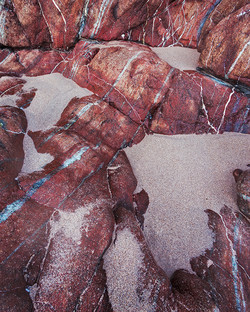 I grew up on a sheep farm in a beautiful spot near the Helford river in Cornwall and my childhood revolved around exploring that area. Passions were Art, Wildlife, and grubbing around outdoors or watching t.v. Nothing terribly ambitious.
I grew up on a sheep farm in a beautiful spot near the Helford river in Cornwall and my childhood revolved around exploring that area. Passions were Art, Wildlife, and grubbing around outdoors or watching t.v. Nothing terribly ambitious.
I loved being around the natural world in general, and the sea and river were regular places to visit and still are.
I was educated at a School in Truro, Cornwall.
I enjoyed school but took to the Art department from quite an early age. I felt at home around the creative environment and also found designing and making things was something I was quite good at although my parents weren't into Art at all. I ended up spending most of my time painting.
My Dad also taught P.E. at the school and I migrated to gymnastics and trampolining, spending many hours practicing routines for competitions as well as just bouncing around!
It was something I remember quite fondly and did for many years.
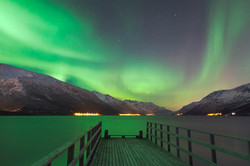 After A levels I moved on to do a foundation in Art and Design at Falmouth College, which seemed like a very natural progression, and from there went on to do a Degree in Fine Art at Cardiff University.
After A levels I moved on to do a foundation in Art and Design at Falmouth College, which seemed like a very natural progression, and from there went on to do a Degree in Fine Art at Cardiff University.
I specialised in Painting and mainly went for quite traditional landscapes with oil on canvas, although I never really thought of it as a 'career' move to be a painter. I couldn't settle on a single 'style'.
I just enjoyed the creative environment and the chance to get to know what I liked. I never really found that out at college but had a blast all the same. I met my Fiance there too, whom also studied Fine Art, so we are a pretty 'Arty' family.
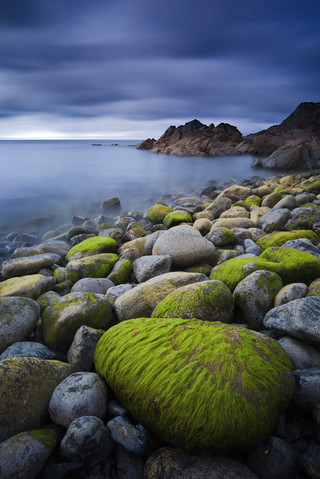 I hung around there for a year but nothing came of it in terms of work and I moved back down to Cornwall and stayed here ever since. Bumming between jobs for a few years I became a self employed builder and mainly used to plaster and render with the odd bit of joinery here and there.
I hung around there for a year but nothing came of it in terms of work and I moved back down to Cornwall and stayed here ever since. Bumming between jobs for a few years I became a self employed builder and mainly used to plaster and render with the odd bit of joinery here and there.
I didn't feel that was really my vocation in life so applied for a teacher training course at Plymouth University. I did a years teacher training there and was lucky enough to go straight on to find work locally.
My job for the last 8 years has been as a Secondary School teacher in a local rural Comprehensive, teaching Art to 11-16 year olds. I mainly teach Painting, Drawing and Ceramics.
We don't have a sixth form college so that is only up to GCSE level, although I miss teaching 'A' level Art to a certain extent.
Buddhism seems like quite an appropriate philosophy/religion for landscape photographers. Can you tell us a little about your philosophy influences your photography and vice versa.
It is not something I make a great issue of but I suppose the main ideas of being mindful, respecting your surroundings and particularly the natural environment is something which has influenced my Photography.
Taking pictures in a beautiful natural landscape is more contemplative than meditative I find. It has the effect of calming the mind and giving you space to appreciate whats out there but also begins to shape your own understanding of self and what makes you tick.
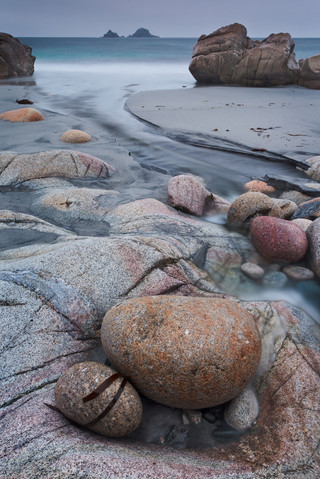 There is definitely something to be said for just sitting and looking before taking any images, getting a feel for the general ambiance around you. If I rush into setting up the camera or am just not in the right frame of mind, the images I make are just not as good.
There is definitely something to be said for just sitting and looking before taking any images, getting a feel for the general ambiance around you. If I rush into setting up the camera or am just not in the right frame of mind, the images I make are just not as good.
All my better work is when I have really slowed down enough to find the things of particular strength or interest and have settled myself enough to think clearly. I also find I have a greater personal connection with the images and the place I took them. Over a period of time a deep appreciation of the natural elements and their interrelationship is so beneficial. Living by the coast, I am particularly aware of that constant state of flux that the landscape (and everything else) is always in, and that of course has parallels to not just Buddhism but philosophy in general. Nothing is permanent.
Teaching art and particularly photography to teenagers must be fascinating - what parts of photography do they latch on to the most and have you managed to create any landscape photographers yet? :-)
I run a Photography club at the school and can introduce many photographic elements into the GCSE courses.
Kids seem to really respond to cameras in a way they don't with more traditional media. I suppose it is so immediate and available now in the digital era. A huge amount go on to study it at A level despite very little understanding, which led me to run 8 week 'crash' courses in the subject voluntarily. I love my job although the actual Teaching is the best bit, and it is always so varied. Sadly most latch on to the gizmos and the big zooms! I don't see many weeks go by where someone hasn't asked what camera they should buy. Everyone has some connection to it with the prevalence of camera phones, ipods etc... and the use of social networking and sharing imagery. I am always amazed by the individuality and creativity that younger minds can produce. There is definitely a need for individual expression or as Artists would say 'visual language'. I hate that phrase!
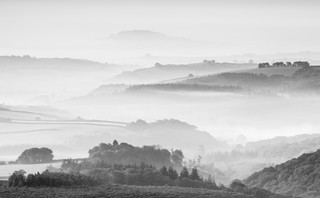 I am not sure I have produced any Landscape Photographers (yet) although it is frustrating when you don't necessarily get to follow up a pupils progress beyond the school. I am still in touch with some, however, and they continue to take stunning images. I recently visited a small exhibition of images that a former pupil had up at a local gallery. I keep up with a few via flickr, and many aspire to work in some Photographic arena. Several pupils were simply outstanding and had a really strong style that I am sure will make it 'big' one day, at least I hope so :)
I am not sure I have produced any Landscape Photographers (yet) although it is frustrating when you don't necessarily get to follow up a pupils progress beyond the school. I am still in touch with some, however, and they continue to take stunning images. I recently visited a small exhibition of images that a former pupil had up at a local gallery. I keep up with a few via flickr, and many aspire to work in some Photographic arena. Several pupils were simply outstanding and had a really strong style that I am sure will make it 'big' one day, at least I hope so :)
Could you tell us a little about the cameras and lenses you typically take on a trip and how they affect your photography. Are you a run and gun or a landscape stalker?
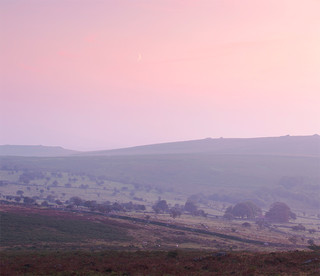 I typically take nearly all the kit I own, which gives me the freedom the to choose an appropriate lens for the conditions. It all gives me back ache though! I shoot entirely on my Canon 5D Mkii (when I haven't dumped it in the sea) and carry a range of lenses. Having used the 17-40 for a long time I found I was repeating myself far too much with close up and low down foregrounds. This became repetitive and I use a Canon 70-200 f/4.0 for more tight images these days with a bit of the wider stuff when it appeals or is needed. It is a real favourite in terms of sharpness but also the ability to strip elements away to the essentials. I also carry a couple of Cotax/Zeiss lenses. A 50mm f1.4 and the stunning 35-70mm f3.5. Both are awkward to use and lack focus confirmation and are pretty awful at wider apertures but get them at f/8.0 and live view the focus and you get some excellent quality. I find I naturally have to go through more of a check list (akin to Large Format photography I suppose) before making a shot and this helps refine my compositions. They are relatively cheap to buy and although they need adaptors and calibrating it is well worth it. I also have a macro lens which I have owned for many years, the Canon 100mm f/2.8. I basically learned what makes a decent exposure in my garden at home using that lens. I really like it. More recently I bought a Zeiss/Hasselblad 80mm medium format lens with Hartblei Adaptor to create a decent mid length prime with tilt functionality. It takes some setting up, a bit like the Contax lenses but more so. The results are excellent with it, although I hanker for a 40mm version as 80mm can be a bit limiting, but on the whole it has opened up all sorts of possibilities. I think a bit of kit can really change the way you make a photograph and what you shoot. All my lenses have been bought second hand except for the 100mm, and for less than £350. It is amazing what quality can be found for quite a low cost.
I typically take nearly all the kit I own, which gives me the freedom the to choose an appropriate lens for the conditions. It all gives me back ache though! I shoot entirely on my Canon 5D Mkii (when I haven't dumped it in the sea) and carry a range of lenses. Having used the 17-40 for a long time I found I was repeating myself far too much with close up and low down foregrounds. This became repetitive and I use a Canon 70-200 f/4.0 for more tight images these days with a bit of the wider stuff when it appeals or is needed. It is a real favourite in terms of sharpness but also the ability to strip elements away to the essentials. I also carry a couple of Cotax/Zeiss lenses. A 50mm f1.4 and the stunning 35-70mm f3.5. Both are awkward to use and lack focus confirmation and are pretty awful at wider apertures but get them at f/8.0 and live view the focus and you get some excellent quality. I find I naturally have to go through more of a check list (akin to Large Format photography I suppose) before making a shot and this helps refine my compositions. They are relatively cheap to buy and although they need adaptors and calibrating it is well worth it. I also have a macro lens which I have owned for many years, the Canon 100mm f/2.8. I basically learned what makes a decent exposure in my garden at home using that lens. I really like it. More recently I bought a Zeiss/Hasselblad 80mm medium format lens with Hartblei Adaptor to create a decent mid length prime with tilt functionality. It takes some setting up, a bit like the Contax lenses but more so. The results are excellent with it, although I hanker for a 40mm version as 80mm can be a bit limiting, but on the whole it has opened up all sorts of possibilities. I think a bit of kit can really change the way you make a photograph and what you shoot. All my lenses have been bought second hand except for the 100mm, and for less than £350. It is amazing what quality can be found for quite a low cost.
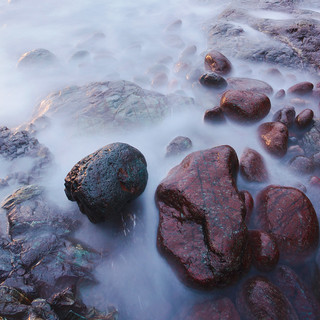 I used to be a serious hit and run photographer but over time I have slowed down as much as possible. Time is nearly always limited for a number of reasons and although I hate being rushed I do sometimes have to work quickly, in fact most of the time. I tend to linger around into the twilight hours after a shoot and soak up the atmosphere of 'being there'.
I used to be a serious hit and run photographer but over time I have slowed down as much as possible. Time is nearly always limited for a number of reasons and although I hate being rushed I do sometimes have to work quickly, in fact most of the time. I tend to linger around into the twilight hours after a shoot and soak up the atmosphere of 'being there'.
I also shoot loads of quite experimental images and carry the camera with me pretty much everywhere. I like to really get to know each lens and what it can do. Get out more and shoot less was mentioned here recently and that rings very true with me.
What sort of post processing do you undertake on your pictures? Give me an idea of your workflow..
I have a workflow which has developed to now be pretty consistent. I shoot in RAW, import into Lightroom 4 and apply lens corrections, spot removal, sharpening, white balance etc... fairly standard stuff. I try to do as much 'work' as possible using curves and then add any minor changes using the saturation and grad tools. I never delete images straight away as I have found I quite like things later on that I have overlooked. Some pictures just need time to work on you I think. I pick out favourite images from a shoot, add colour labels to mark them as of interest or as exported. I export as 16 bit Tiff's and then have a look in Photoshop to see if it everything is sitting nicely. I am consciously trying to do less and less on images these days having 'overcooked' work in the past. In time I will delete images that have never amounted to anything. I actually love processing photographs and feel my painting background kicks in when I start analysing the dynamics of each piece. It also helps me relive some wonderful experiences.
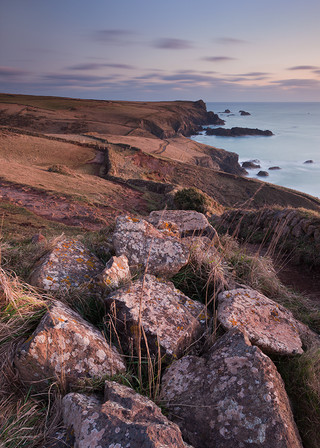 Do you get many of your pictures printed and, if at all, where/how do you get them printed? Any favourite papers/finishes?
Do you get many of your pictures printed and, if at all, where/how do you get them printed? Any favourite papers/finishes?
I have only ever printed very few images. I had intentions to run a large format printer at the School for the local community but it never happened. The printer is there but not the funds to run it. We are currently trying to replace it with something more practical for that environment so if anyone is interested :) I use a local guy with a small studio to print and frame smaller items but this is quite rare. I have also tried out online printing fairly succesfully but the lack of control over the final result is frustrating and often disappointing. I would love to print more in the future and need to learn the ins and outs of the craft. I have been really happy with the prints I have made and they sold well. I like to print on Matt heavy weight paper but am generally ignorant on the subject so I won't embarrass myself there!
Tell me about the photographers that inspire you most. What books stimulated your interest in photography and who drove you forward, directly or indirectly, as you developed?
I get general inspiration from using social networking sites, mainly flickr, and of course the excellent work of the photographers featured in the magazine here. Without question Joe Cornish has always been the driving inspiration for my photography, like so many others. He has that knack of combining the intimate with the wider context in a seemingly effortless way. There is also a background ethos and understanding of his subject that comes through his photographs rooted by super compositions. Having discovered Peter Dombrovskis' work here, I am extremely moved by the power of his quiet and understated images.
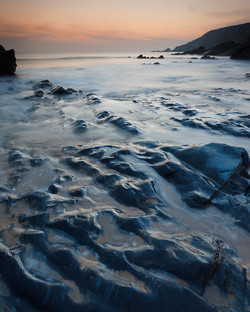
As my photography starts to move towards details in the landscape, David Ward has become a real inspiration too. I guess this sounds a bit brown nosey considering their associating with the magazine, but their images and philosophy have a real connection with me. I have appreciated flatter light thanks to Dombrovskis and Richard Childs. It doesn't always have to be little fluffy clouds :)
As a child I always read the Wildlife magazine and the National Geographic and that definitely rubbed off on me. I have several of Joe's books and 'First Light' sparked things off for me.
Other books in my small collection are A.f. and D.J Unsworths 'Landscape for the imagination', Michael Fry's 'Digital Landscape Photography', Alan Briot's 'Mastering Landscape Photography', and a wonderful small papaerback by Francois Heilbrun which showcases images from the Musee D'Orsay called 'Landscape and Nature'. Those images from the Nineteenth Century seem more and more contemporary as time goes by. I have more but there are too many to list here.
It is fair to say I see images in so many different media, all day at work and at home on the computer, and they all inspire me and inform my photography. I still love seeing paintings and drawings and there is such a great overlap in my view, particularly in terms of composition. I would love a comp f a Peter Dombrovskis book.
Tell me what your favourite two or three photographs are and a little bit about them.
I took this image whilst in the Lofoten Islands in Northern Norway. It encapsulates what I felt about that majestic place and brings back fond memories of that trip.
It was the first time I had dedicated a week to Photography and shot with other people! They are now good friends, and I have since made a return trip this January.
This photograph has a kind of classic' Landscape quality I think, which initially got me into Landscape Photography. Despite being a bit of a knowingly 'epic' scene, I still like it.
I have come back to this image many times and learned more about the need for careful filtering since Joe critiqued it here in issue 15. I have printed this image and given it a good staring at and
was happy it stood up to some looking at. It has an emotional and energetic quality that I like. This is the sort of image I wish I had shot on 4x5 film. The tall comp is fine but I reckon a naturally wider
comp would have improved it.
I found it hard to choose one particular image that I especially liked as I change my mind almost constantly. I chose this as it marks a slight turning point in my photography. I shot it in the rain at the same beach as the previous image
but chose to ignore the sea and focus on the shapes and colours formed by the flaking slate. I took it on the 35-70mm Contax/Zeiss and it is really sharp. It has some flaws but I find I can stare
at it for some time and it manages to hold me. Coincidentally my camera also died after this shoot due to water damage. It was ironic that the rain got it and not a huge wave!
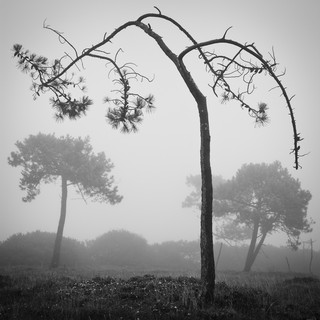 If you were told you couldn’t do anything photography related for a week, what would you end up doing (i.e. Do you have a hobby other than photography..)
If you were told you couldn’t do anything photography related for a week, what would you end up doing (i.e. Do you have a hobby other than photography..)
I would love to do more Painting and Drawing as that was really my first love, but to be honest, time is so short with work and young family that just being able to make a few images is all I seem to get time for. Several years ago I became a part of a Trust with friends and family and we bought a small piece of Cornish farmland to plant with trees and create a natural space to enjoy and pass on to the kids. I would love to spend more time there, camping, making fires and planting bits and pieces for the future.
What sorts of things do you think might challenge you in the future or do you have any photographs or styles that you want to investigate? Where do you see your photography going in terms of subject and style?
I am definitely currently undergoing a change of direction in my photography. Tiring of the cliches I am turning my attention to more subtle images that try at least to get to the bare essentials of the landscape. I have always taken these sort of images but lacked the confidence to make it a preoccupation. I think I worried about technical issues for along time and didn't concentrate on the emotional impact as much. That is something I would like o remedy. Fay Godwin is someone that has that 'feel' for an emotional scene.
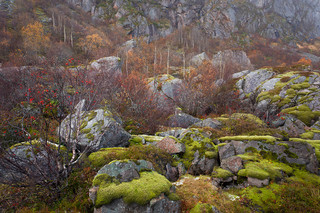 I would love to try Large Format photography at some point in the future and nearly bought a Tachihara last year but just couldn't see myself having the time to enjoy it. One day.
I would love to try Large Format photography at some point in the future and nearly bought a Tachihara last year but just couldn't see myself having the time to enjoy it. One day.
In the mean time I would like to get a tilt shift lens and explore the joys of making images with an alternative plane of focus. The 45mm Canon seems likely, I just fancy a mkii version :)
Who do you think we should feature as our next photographer?
That's tough as so many great photographers have already been featured over the issues and many of my inspirations have already had the honour.
I like the work of Simon Butterworth, Christian Fletcher, Keith Aggett and Jack Brauer. Any of those would be good for different reasons.
You can see more of Joe Rainbow's work at his website or flickr stream

